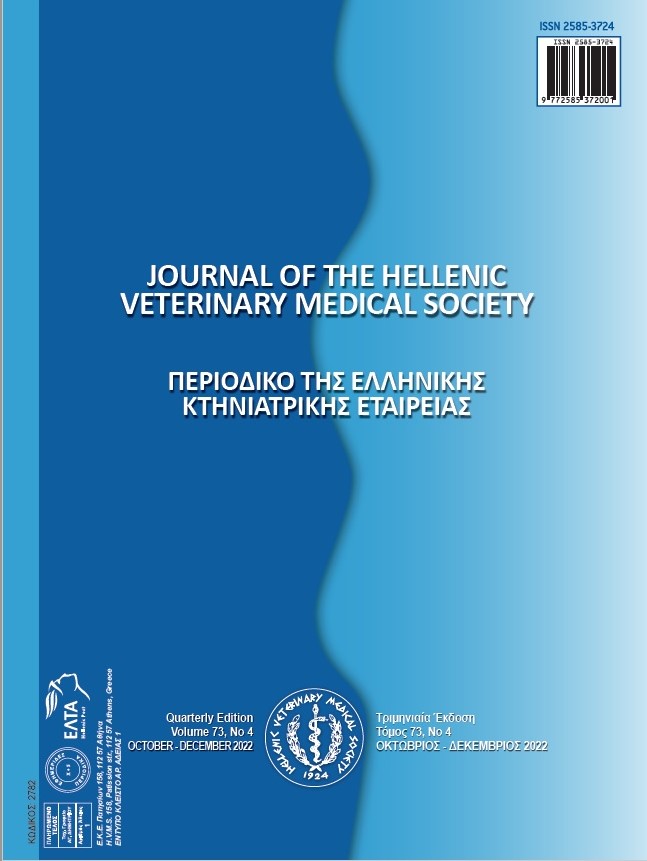Probiotic potential and anti-quorum sensing activity of Enterococcus faecalis and Lactobacillus acidophilus isolates from Apis mellifera

Abstract
One health is an approach that gains importance in the protection of public health and advocates that the environment-animal-human health is linked. Microbial resistance occurring in any of these three factors circulates directly or indirectly between species and affects health. In this study, antimicrobial, anti-quorum sensing activity and potential probiotic properties of Lactobacillus acidophilus and Enterococcus faecalis 1 and 2 isolates from Apis mellifera gut were investigated. Results showed that isolates were found to be resistant to gentamicin, streptomycin, erythromycin, and clindamycin tested. It was determined that isolates were gamma haemolytic and resistant to acid and enzymatic environment conditions. Enterococcus faecalis isolates had antimicrobial activity on Escherichia coli ATCC 25922, Enterococcus faecalis ATCC 29212 and Pseudomonas aeruginosa ATCC 27853 and anti-quorum sensing activity of the culture supernatants of all isolates was detected by a violacein pigment inhibition of Chromobacterium violaceum strain.
Article Details
- Come citare
-
Kiymaci, M., Simsek, D., Tok, K., Dirican, D., & Gumustas, M. (2023). Probiotic potential and anti-quorum sensing activity of Enterococcus faecalis and Lactobacillus acidophilus isolates from Apis mellifera. Journal of the Hellenic Veterinary Medical Society, 73(4), 4717–4728. https://doi.org/10.12681/jhvms.26743
- Fascicolo
- V. 73 N. 4 (2022)
- Sezione
- Research Articles

Questo lavoro è fornito con la licenza Creative Commons Attribuzione - Non commerciale 4.0 Internazionale.
Authors who publish with this journal agree to the following terms:
· Authors retain copyright and grant the journal right of first publication with the work simultaneously licensed under a Creative Commons Attribution Non-Commercial License that allows others to share the work with an acknowledgement of the work's authorship and initial publication in this journal.
· Authors are able to enter into separate, additional contractual arrangements for the non-exclusive distribution of the journal's published version of the work (e.g. post it to an institutional repository or publish it in a book), with an acknowledgement of its initial publication in this journal.
· Authors are permitted and encouraged to post their work online (preferably in institutional repositories or on their website) prior to and during the submission process, as it can lead to productive exchanges, as well as earlier and greater citation of published work.


